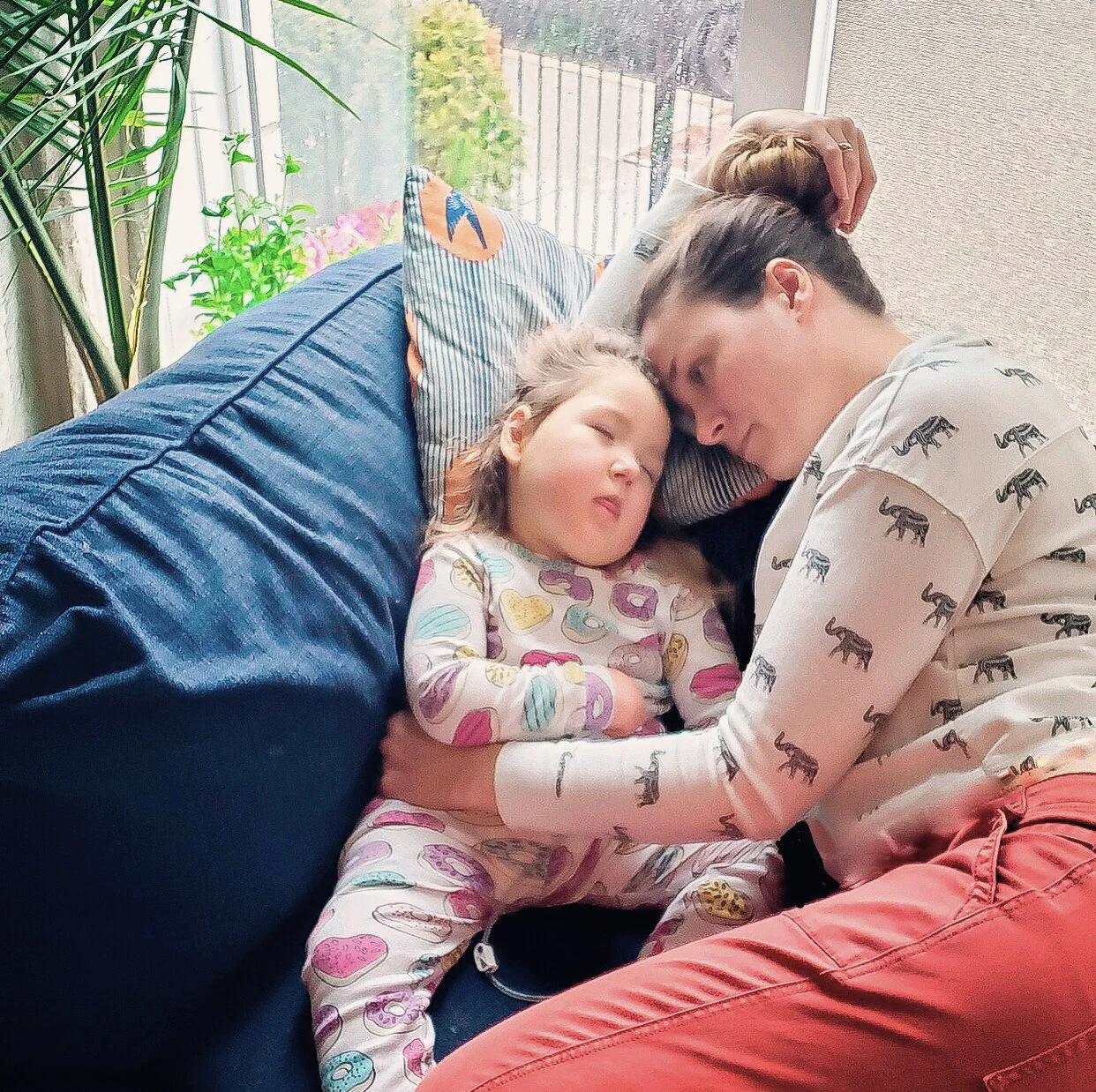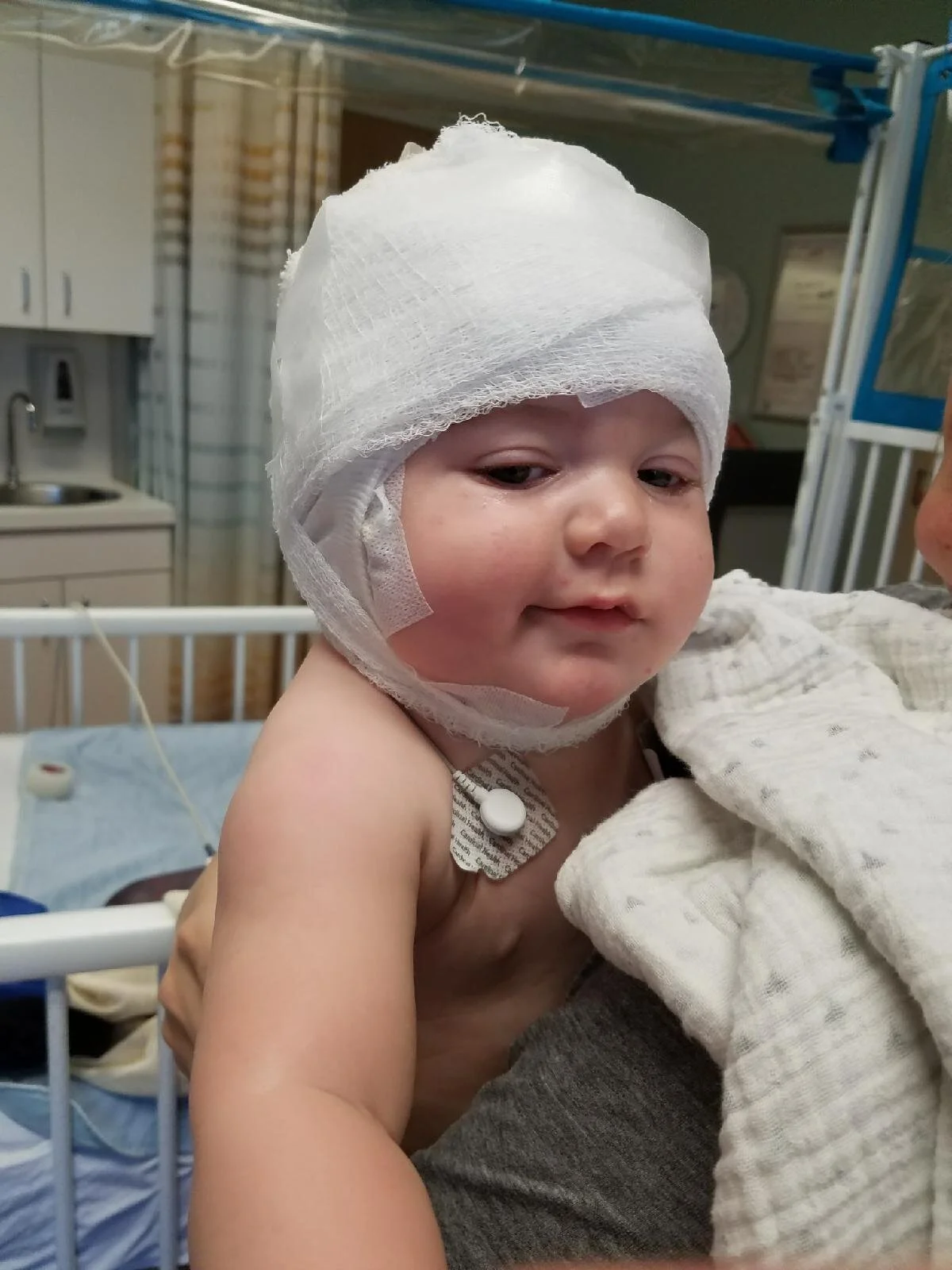Voldemort
“What if we had tried a different combination of meds?”
“What if we had taken her off all the meds all together?”
At some point during puberty most of us develop a little voice in the back of our heads whispering salty negative nothings. One of the many tortures of puberty. Ideally, as we get older we learn to ignore that voice, or at least turn down the volume a bit. Then you hold your child for the first time and it all goes to hell. That voice, which you’ve trained your entire adult life to tune out, is now blasting at an 11. Except it’s not just coming from inside your head, its all around you: articles, social media, news programs, friends and family, all telling you what a good parent looks like, acts like, talks like. However, in time, (or with the assistance of subsequent children) we again learn to lower the volume. Or more likely, just ignore it all together because, let’s be honest, we turned out ok and my mother didn’t seem overly concerned with my organic produce intake or screen time.
“Did I give up on her or was she suffering so much that we should we have stopped fighting sooner?”
On our drive to Michigan last week we introduced Jackson to the world of Harry Potter, listening to the first book in the car. I was struck with a shocking amount of empathy for Professor Quirrell, the defense against the dark arts professor who we later discover has the evil wizard Voldemort growing out of the back of his head. Sure Quirrell is a bad guy but can you imagine having to live all day with an evil voice constantly second guessing you? …Why yes, yes I can. I’m a fairly confident person and was able to tune out my inner negative voice not long after Jackson was born, but with Adelaide, with a special needs child, I’m not certain the second guessing ever goes away.
“But are you sure you tried everything?”
“Couldn’t you fight/have fought a little harder?”
This shouldn’t come as an earth shattering revelation of course when you consider that the parenting decisions I made with Jackson were common: breast milk or formula? Public or private school? Versus the life or death decisions made daily for Adelaide. The stakes were raised as was the volume on my own personal Voldemort.
Early on I learned to drown out opinions regarding Adelaide’s care from anyone that was not a part of her inner care circle, her army. Unless someone had taken the time to sit and go through the hundreds of pages of medical charts, notes and test results. Unless, they had spent significant time with her attempting to understand her ever fluid physical and cognitive base line - then, not to be horribly blunt, but their thoughts and opinions were irrelevant. Besides, my Voldemort was louder than all of them put together anyway.
“I should have tried harder to get her into that study.”
“We should have spent more time doing her physical therapies”
The rational side of my brain shouts back at Voldemort:
“Stop should-ing yourself!”
“What if’s won’t help you heal!”
I imagine many readers of this post will want to remind me how hard we fought while she was alive, that we did everything we were capable of in the moment, that Adelaide could not have asked for better advocates or been more loved. Please believe me when I say that I know that all of this is true. However, what is also true, a harsher truth, is that none of our efforts likely mattered in the end. As science stands today, whatever genetic condition was behind her suffering, there was no way to control or stop it. Her short life was written before she ever even took her first breath outside the womb. So I quiet my Voldemort with these rational truths and move on with my day. Then I see a picture of her and hear a whisper…
“But you’ll never know for sure…”




